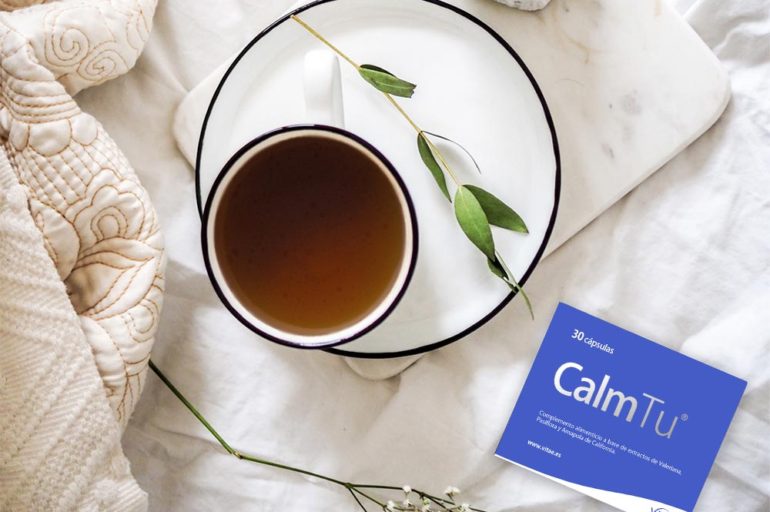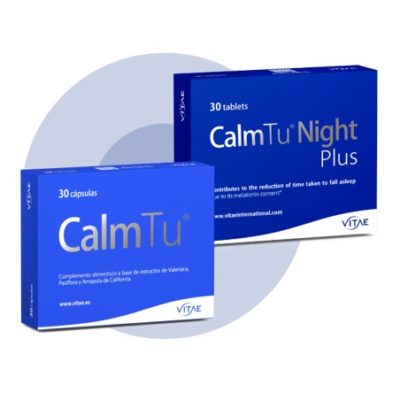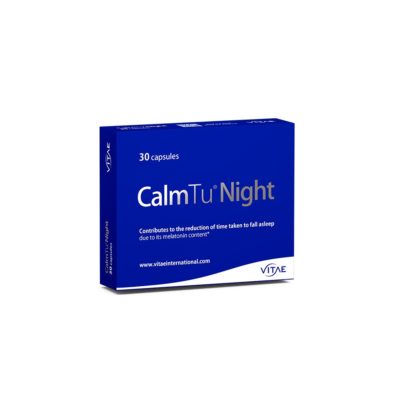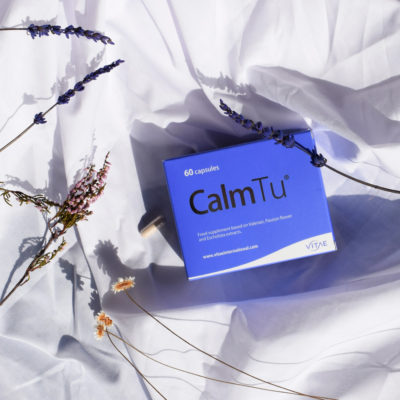In this article we are going to talk about how we can keep calm. Sometimes life throws a little bit more at us than we can cope with, making us feel on edge. And whilst at times we can pinpoint the triggers of this anxiety, but sometimes we are not able to. In fact, many of those who’ve ever experienced anxiety before will tell you how it can just creep up out of nowhere, and that a day that was going just find suddenly turns into a day where things seem to be a little too much. If you get this sinking, paralysing feeling that things are just too much and/or you are literally starting to lose sleep over something you have a variety of options that can help you bounce those overwhelming feelings off:
Self-regulate
Self-regulation is one of the key components Yoga and Tai-Chi. It’s carried out by means of simple breathing patterns that complement the physical element of these popular practices. In fact, expert Yogis or Tai-Chi masters will tell you that only when you breath along to the movement, will you be getting the full healthful benefits of your practice. Neuroscience has documented extensively the hard science facts and benefits of breathing to a specific pattern for just a few minutes a day. For example when you breath in to the count of 5 seconds and breath out to that same count of 5 seconds for a few minutes you are actually modulating the activity of your hypothalamus-pituitary-adrenal axis or HPAA. The HPAA is one of the major bundles of nerves that connects various parts of our anatomy with the brain. It’s the principal piece of the autonomic nervous system and its function switches between sympathetic and parasympathetic stimuli. The sympathetic nervous system is engaged in moments where bursts of activity are needed. The adrenal glands supply hormones like cortisol and adrenaline in order for us to escape danger, but these hormonal bursts also allow us to run to get the train so we don’t miss it. The parasympathetic nervous system is normally more engaged during the hours of darkness and it’s associated with regeneration of tissue while we rest and/or sleep. Some other hormones like DHEA (which has been touted the “hormone of youth” by some) are secreted also by the adrenal glands when we’re relaxing, asleep or simple feel “in the zone”. That’s the beauty of self-regulation, you can do it while you do anything, not only Yoga, but also while you drive, paint, read or watch TV. I’ve found it to be a fantastic aid to support a relaxing state that leads to a really good night’s sleep. And because your body goes into “repair mode” while you sleep, ensuring that you get enough of this “free regenerative treatment” every night is absolutely key to health and wellbeing. Which takes me to my next point.
Action point: Find a relaxing Yoga or Tai-Chi class near you. Or find time to connect with your breath and to self-regulate. Or both!
Sleep tight (meaning a good 7 hours a night).
Falling asleep is easy for some, but a total chore for others. If you’re worked up by matters that have taken place during the day and can’t switch off, disconnect from it all and find a calm inner space at bedtime, this can be a problem. And if these thoughts are impeding you from falling asleep or waking you in the middle of the night you may be experiencing insomnia.
Aside from finding self-regulating exercises, you may do with some basic nutrition tips. My main recommendation is to watch out for substances that have the ability to derange your sleep, or to affect its quality. If you find that caffeinated drinks affect your mood, try to set a “caffeine curfew”. What about no tea, coffee or other caffeinated drinks after lunchtime? If you’re likely to regret having that large skinny latte at 6pm, then don’t have it and switch to a calming tea instead, like chamomile or melissa / lemon balm. Also, alcohol normally has an inhibitory effect on the brain, hence why you’re likely to feel more relaxed after a drink. But it also has the ability to disturb your sleep either by not allowing you to fall asleep as easily as you’d like or by waking you up in the middle of the night, sometimes simply to drink water or to urinate (or both!) as alcohol is a known diuretic. Alcohol also plays havoc with your blood sugar (glucose) levels. Waking up a few hours after having alcoholic drinks can sometimes just be the consequence of the sheer blood sugar balancing process and it could just mean you’ve gone slightly hypoglycaemic in your sleep, i.e. your blood sugar has gone down slightly too low. The normal response is to wake up in search of food. Again, if you experience any of the above, it’s best to minimise alcohol drinking to maximise the quality and duration of your regenerative sleep.
Go herbal
A variety of herbal remedies have been used to for centuries to help us fall and stay asleep. One of these popular remedies is valerian or Valeriana officinalis. Valerian roots enjoy a longstanding traditional use and they’ve been brewed for tea or eaten for relaxation and sedation purposes in many cultures around the world. Valerian’s primary usage is to soothe anxiety or make it easier to go to sleep, and at high doses it can have a sedating effect. Valerian is thought to work by enhancing the signalling of one of the main sedative neurotransmitters, gamma-aminobutyric acid (GABA).
Another popular botanical is passionflower or Passiflora incarnata. The leaves of this tropical plant immediately recognised by its beautiful flowers have been used traditionally by herbalists to promote sleep, especially in people who complained of restlessness and interrupted sleep due to extreme tiredness. Recent clinical trials using passionflower have shown it to be a valuable and effective herbal remedy for anxiety, helping you find a calmer inner state and also supporting better sleep quality.
Last but not least, Californian poppy or Eschscholzia californica, is another plant that’s rich in bioactive alkaloids recognised as safe and effective natural pain-killers that also help promote relaxation and healthy sleep.
One word of advice on choosing a good quality herbal anxiety and sleep aid. There are hundreds of products out there for you to choose from. Some better researched than other, so choosing a product that contains well researched ingredients is key. There’s also a huge range of quality of products available, so it’s always advisable to choose a product that’s been manufactured to pharmacological grade standard, that’s tested for quality and that guarantees the content of the bioactive ingredients it contains.
I trust the quality of CalmTu by Vitae because it meets all these criteria. In my clinics I tend to recommend 1 capsule with breakfast, lunch and dinner for cases of mild anxiety, and an extra capsule (2 in total) with dinner if the intention is to support a good night’s sleep. These recommendations vary according to individual needs, so my advice is that you consult with your chosen healthcare professional.
Disclaimer. The information provided in this blog is for educational purposes only. It is not intended to diagnose or treat any medical condition. Recommendations may vary for your individual case. If you have an existing condition, always consult with your healthcare professional before introducing a new product into your daily routine, whether it’s a drug or a natural product.







